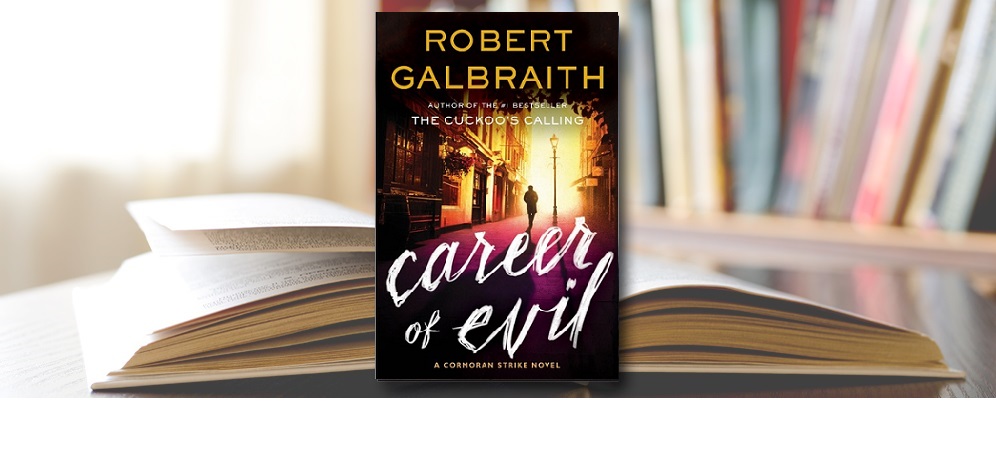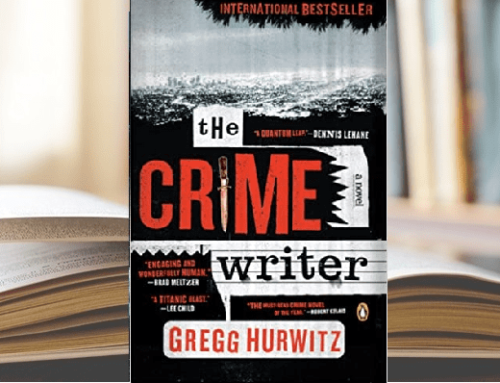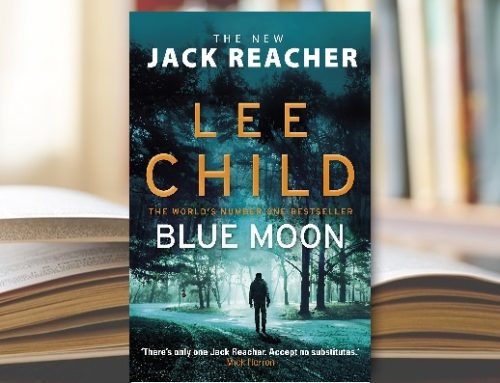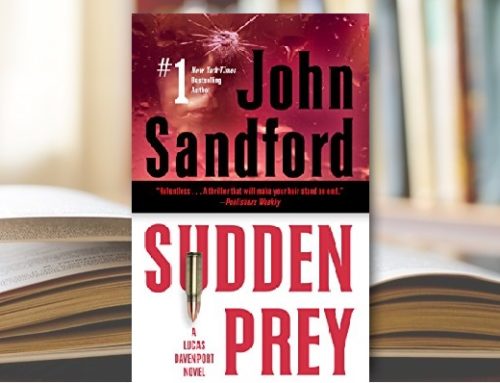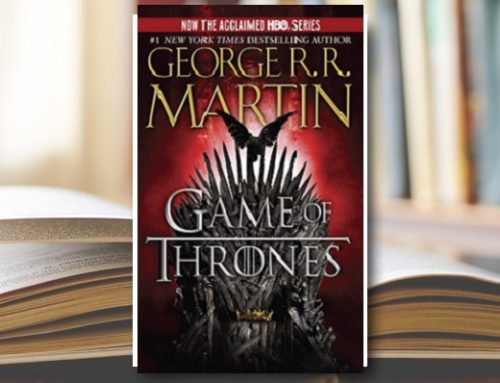“When a mysterious package is delivered to Robin Ellacott, she is horrified to discover that it contains a woman’s severed leg. Her boss, private detective Cormoran Strike, is less surprised but no less alarmed. There are four people from his past who he thinks could be responsible–and Strike knows that any one of them is capable of sustained and unspeakable brutality. With the police focusing on the one suspect Strike is increasingly sure is not the perpetrator, he and Robin take matters into their own hands, and delve into the dark and twisted worlds of the other three men. But as more horrendous acts occur, time is running out for the two of them…”
That’s the plot summary that compelled me to take my very first step into the imagination of J.K. Rowling. (Yes, I’m one of perhaps ten people left on the planet who haven’t read any of her Harry Potter series.) I’m glad I did too, as I found Career of Evil to be a dark, somewhat plodding yet completely engrossing mystery that showcases some fine brushstrokes of authorial craft. So I wanted to pass along my thoughts about what she does so well and why this book–the third in the series but the first in which Rowling is thought to have really hit her stride as a mystery writer–has so much to offer others who write in the genre.
“Character driven” is a phrase we use a lot here at The Editorial Department, and it’s almost always a compliment. While a gripping plot is vital to just about any work of mystery/suspense, it’s the usually characters who keep stories alive in readers’ minds long after the book is done and who will ultimately make or break the success of a series. While there are plenty of good things that can be said about the plot of Career of Evil, it’s the strength of its characters (and the interest of the subplots and backstory) that elevate the book from a solid work of genre fiction to something special.
Cormoran Strike may have some rough edges to his personality, but he’s likable in his own way and a very smartly imagined character. He may not be dapper, physically imposing, wise-cracking, or ass-kicking like some of my other favorite series leads in the genre, but he’s a lot of fun to read about and has plenty of personality. I found him easy to rally for in spite of his flaws and I think he’s got the makings of a very good series protagonist.
I’ve read some reviews calling Rowling out for spending too much time developing the backstory about the murder of his mother. While this may slow down the pace of book in terms of how quickly the main plot plays out, it adds richness and complexity to the story and does a good deal for Cormoran’s character. And it’s hardly superfluous given that the twisted fellow who almost certainly killed Cormoran’s mother many years ago is a credible suspect in the murders on which the book is based, and he brings lots of other original and engaging elements to the book.
Equally important and well developed is another clever subplot involving Cormoran’s romantic attraction to his assistant Robin as the clock ticks down to her marriage to a man Cormoran thinks (okay knows) doesn’t deserve her. Rowling builds a lot of good tension around this mutual attraction but never lets it get out of hand or make the book any less dark or gritty. She also builds another good subplot around Robin’s ambivalence about the character of her fiance, the interruption of their engagement, and her fiance’s jealousy of Strike and his resulting effort to sabotage Robin’s working relationship with him. This has less bearing on the actual murder investigation than does the ugly, sad business of Cormoran’s upbringing, but it still gives the plot and the characters a good deal of lift and emerged as an asset to the story in my mind.
Finally there’s the secret Robin brings to the table and its impact on her working relationship with Strike. This isn’t so much a fully realized subplot as an interesting layer to her character that helps the book work. And it was much appreciated because while Robin is somewhat likable, to my thinking she’s not nearly as strong or memorable as some of the other characters. This surprised me a little bit.
As a reader, I admired her courage and determination. I found her mildly interesting and plenty competent. But she’s not memorable the way Strike is or even some of the secondary players. She fell a bit flat to me, and it seemed as if Rowling hadn’t gotten a handle on aspects of personality, temperament, and disposition that would encourage readers to engage on a deeper level. (Or that would make Strike’s attraction to her more believable.) As written, she’s very serious and a bit dreary and dull. If I was Rowling’s editor, I would have encouraged her give Robin a little more pizazz, given her some qualities to draw us to her beyond her intelligence and courage.
Then there’s the killer, a point-of-view character I found to be utterly fascinating and quite convincing, despite some not entirely original approaches Rowling uses to make him so sinister. We may have seen a lot of this before, but I think she’s done an amazing job making this fellow truly frightening and very convincing in his vehement hatred of the women he victimizes. And she does a good job keeping readers guessing about his true identity.
Career of Evil isn’t a perfect novel, but it’s one that I absolutely loved and that I’d recommend to any aspiring mystery writer. There’s a great deal Rowling gets right here, and handling of plot and complex subplot is really pretty masterful.
Have you written a mystery or police procedural you’re considering publishing or submitting to literary agents and publishers? Click here to learn more about the wide range of support The Editorial Department can provide in helping you realize a high standard of excellence and giving your book the best chance of success in the marketplace.

